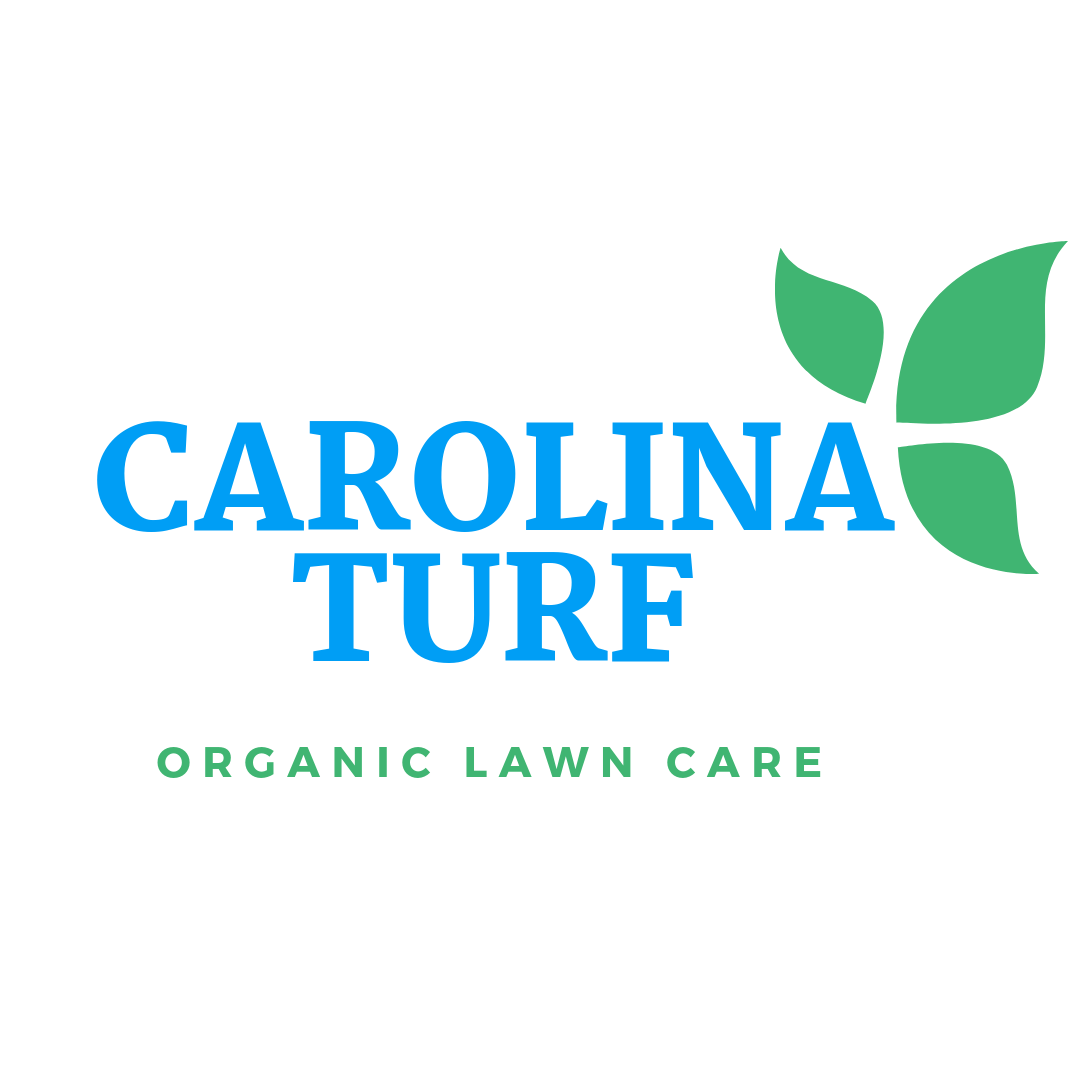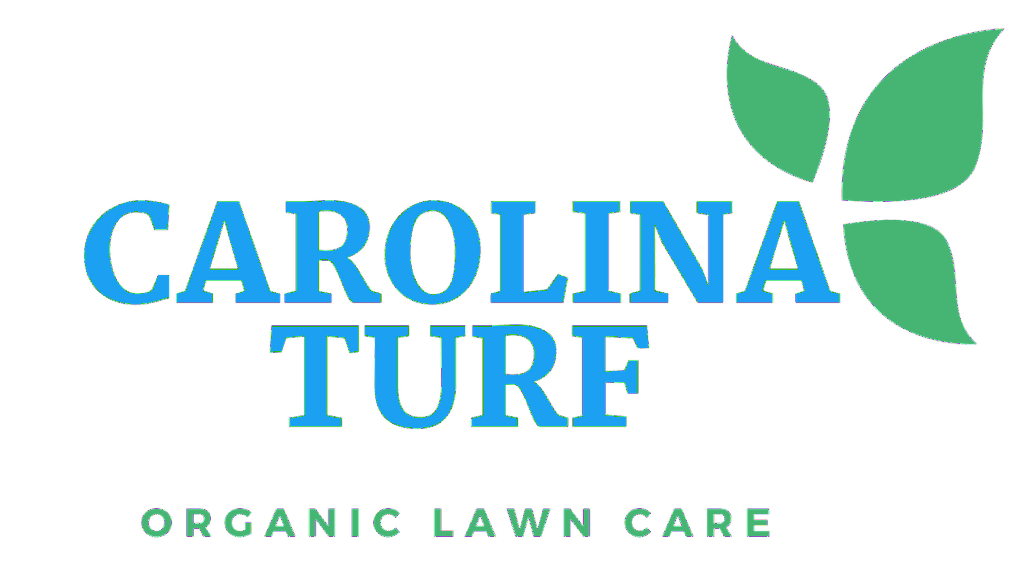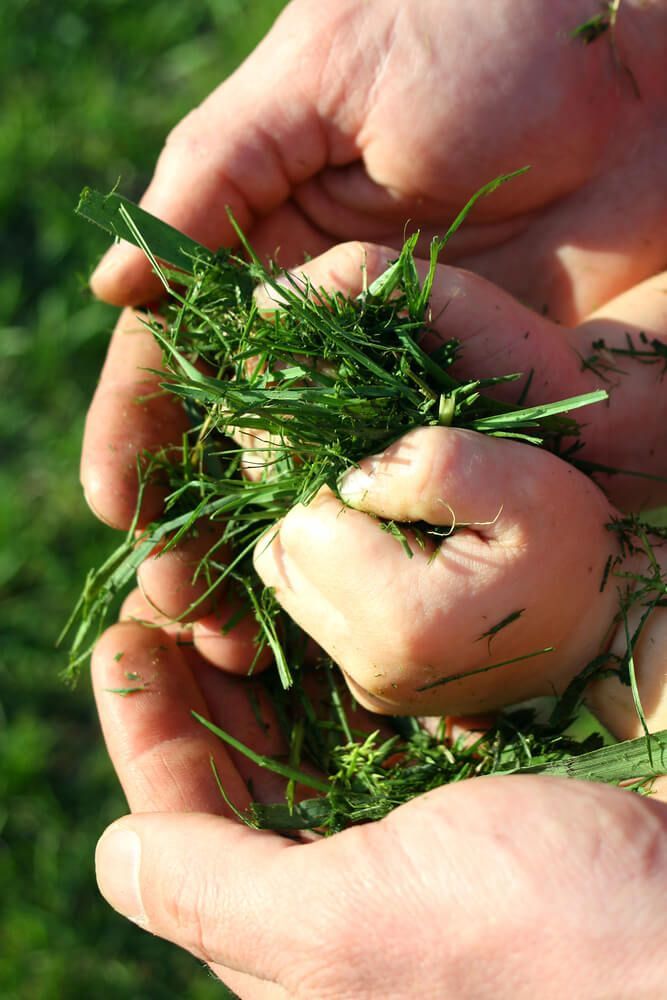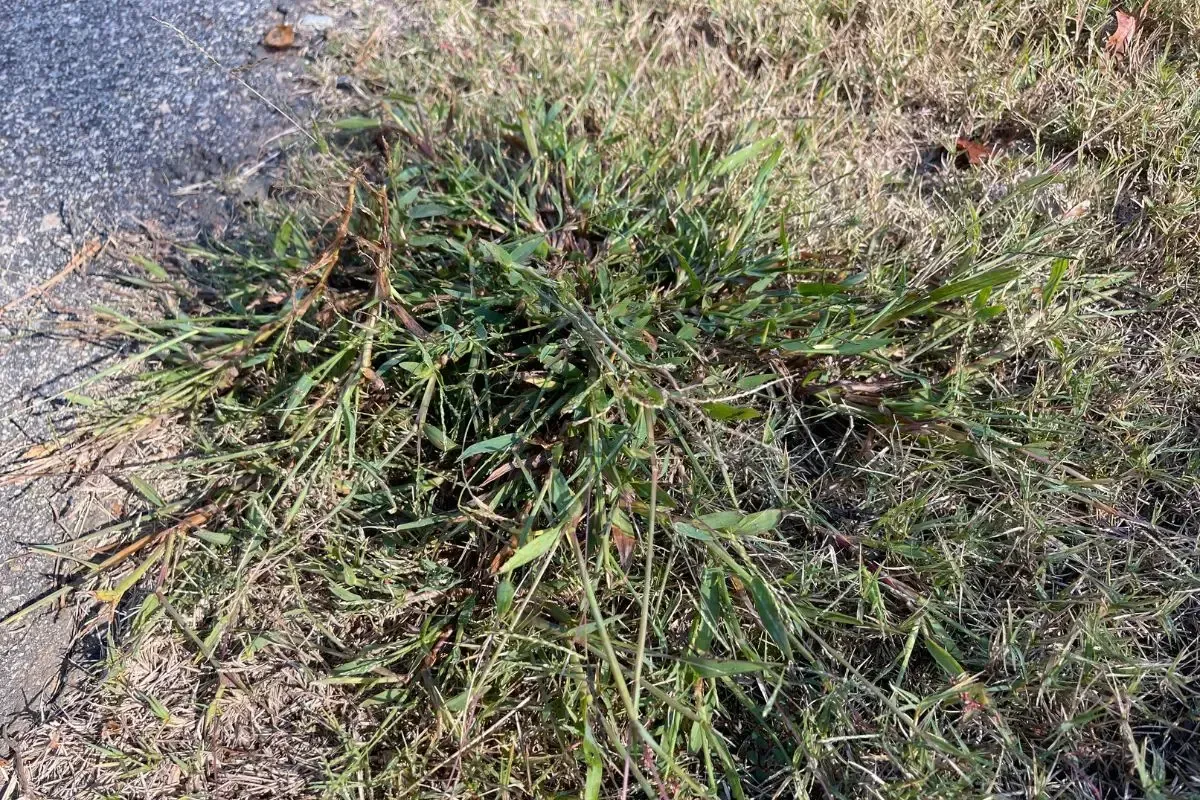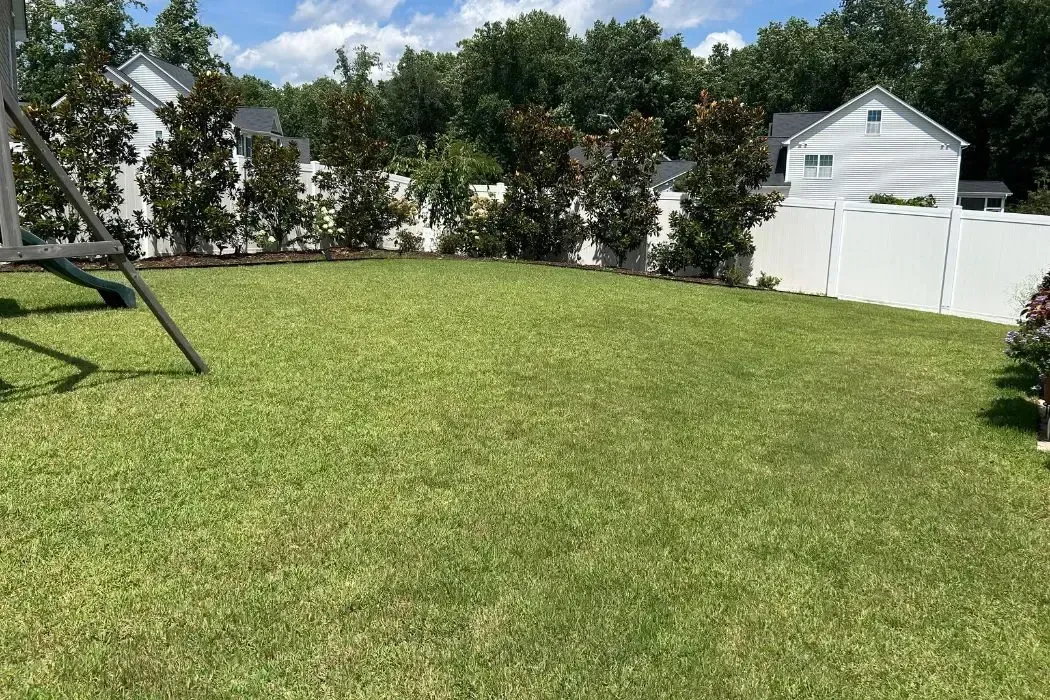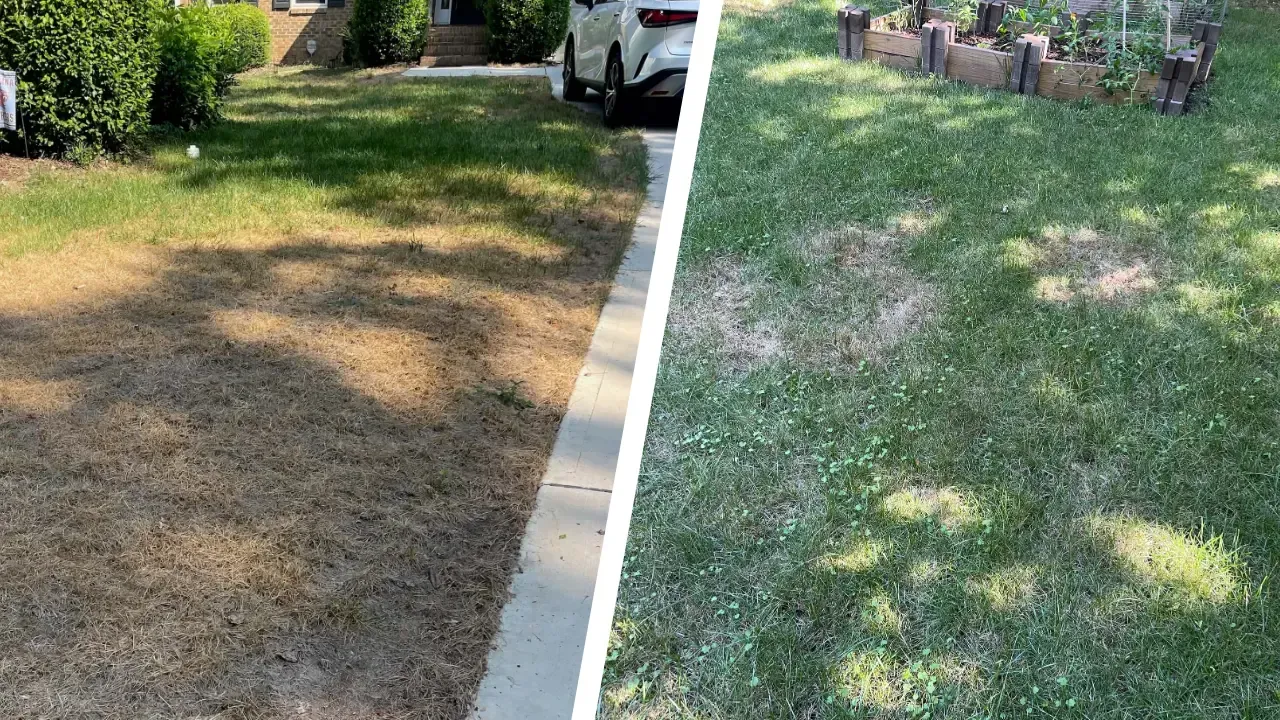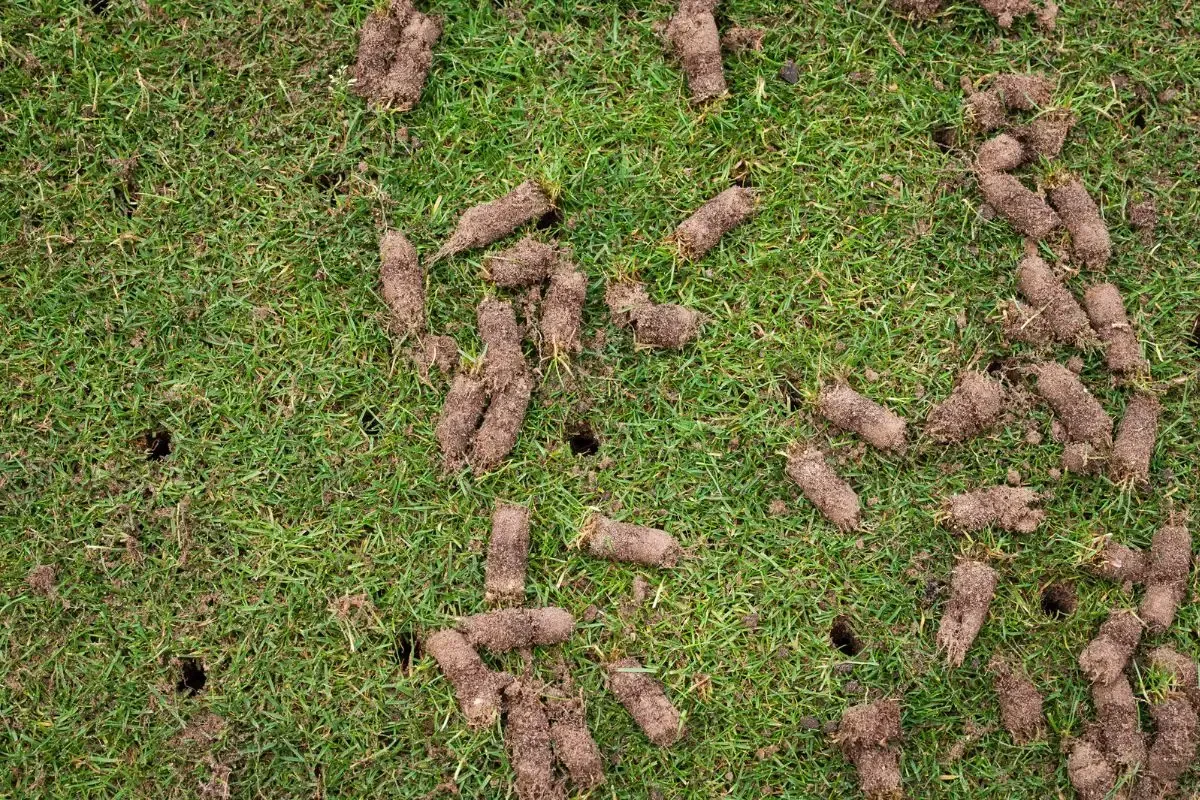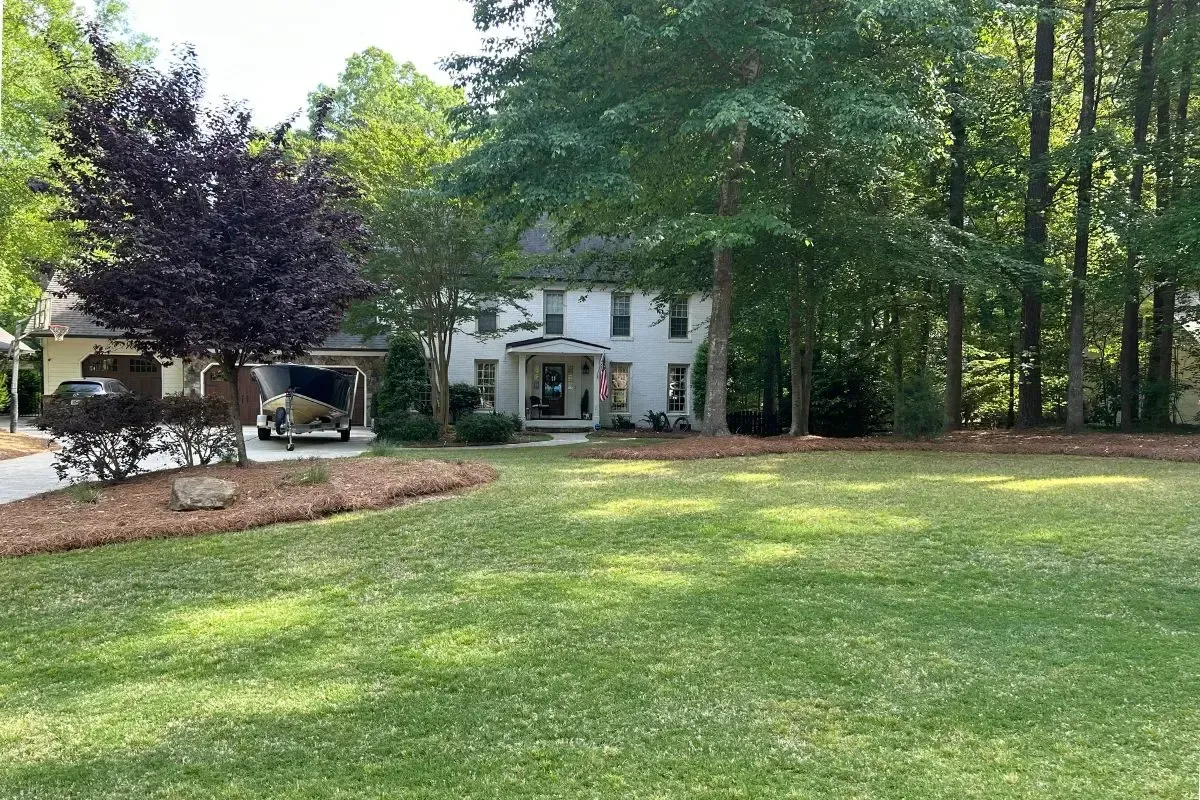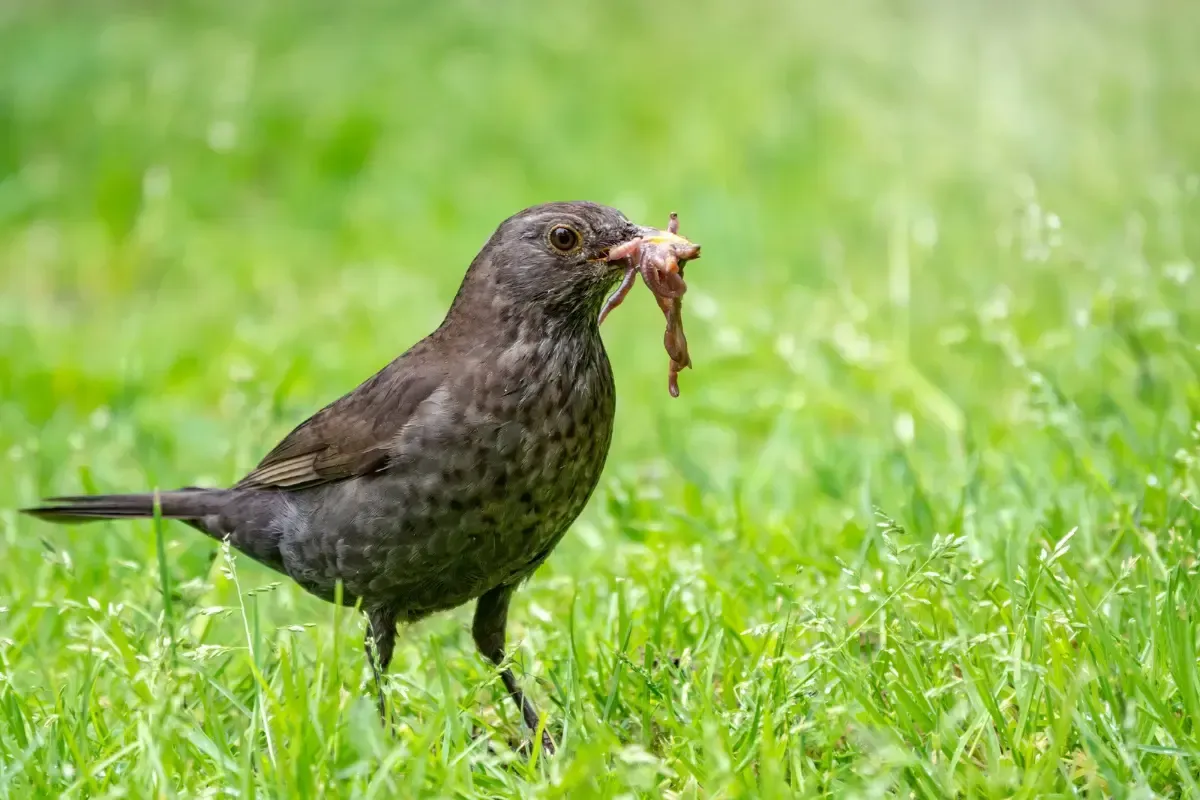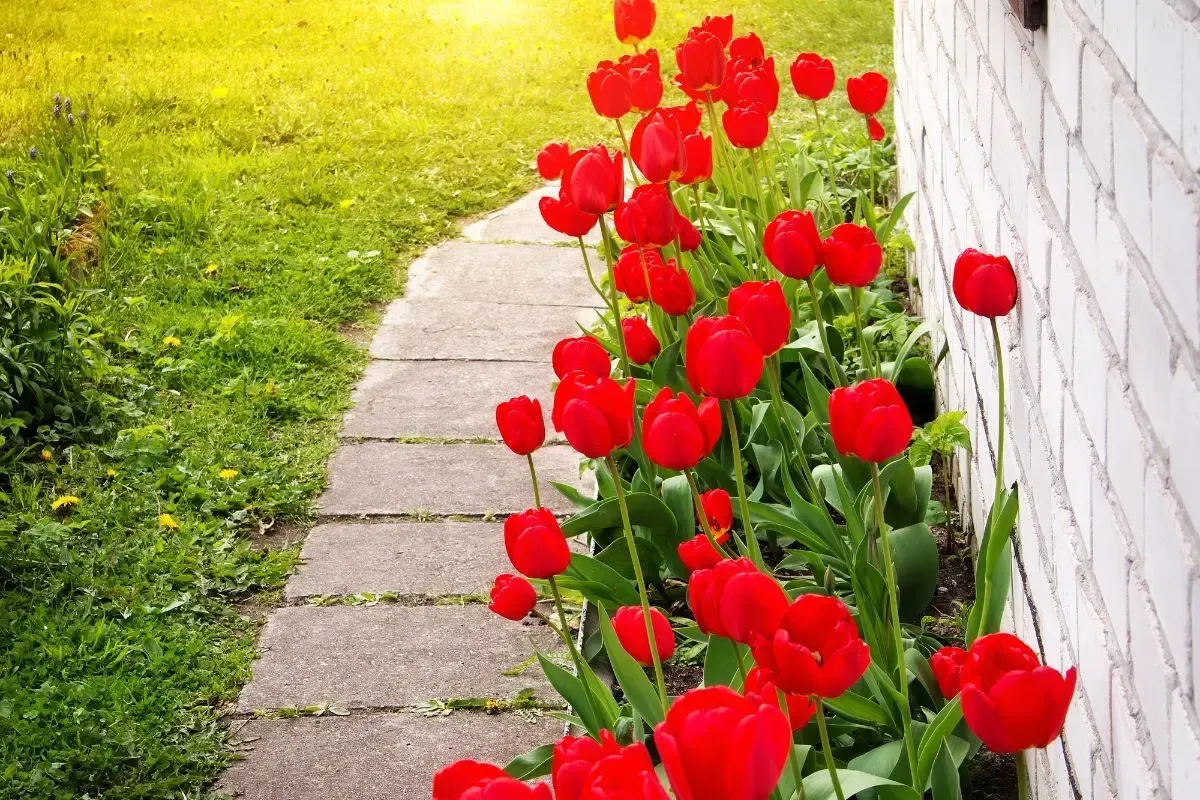WHY ORGANIC?
The toxic chemicals currently being used in landscaping have proven to be harmful to people, pets, and the environment. See which chemicals to look out for below.
The Environmental Protection Agency was exposed for corruption, which explains why these products are still on the market.
We use natural ingredients proven to work just as effectively. Our weed control and compost tea fertilizer add more nutrients to your lawn, resulting in healthier, greener grass that requires less watering.
Best of all, you never have to worry about exposing your family to dangerous chemicals!
Frequently Asked Questions
Lawn & Pest Chemicals to Look Out For
Below are just a few of the most common herbicides and pesticides, and their health effects.
2,4-D
2,4-dichlorophenoxyacetic acid (2,4-D) can decrease fertility and raise the risk of birth defects. The World Health Organization (WHO) says 2,4-D herbicide possibly causes cancer in humans.
Hydramethylnon
A pesticide the EPA has classified as likely to be carcinogenic for humans. An active ingredient in Amdro, a brand used for ant control.
Atrazine
The EPA has declared atrazine as possibly carcinogenic to humans. And the CDC says “maternal exposure to atrazine in drinking water has been associated with low fetal weight and heart, urinary, and limb defects in humans".
Paraquat
Paraquat is only available to licensed landscapers and is extremely harmful when breathed in. Even small exposure can lead to poisoning that damages the lungs and kidneys. Paraquat poisoning is also possible with skin exposure.
Glyphosate
The WHO has classified glyphosate (the main ingredient in Roundup) as probably carcinogenic to humans. 25 countries have now banned or restricted the use of glyphosate-based herbicides.
Permethrin
An insecticide that is lethal to bees and classified as a likely carcinogenic to humans by the EPA. Used for broad range of pests, such as fleas, ticks, cockroaches, flies, and mosquitoes
"The Toxic Ten" - Most Common
Lawn Care & Pest Control Pesticides
Are you exposed to these 10 toxic pesticides used lawn care or pest control? Find out the the which products these chemicals lurk in and their damaging effects on your health.
